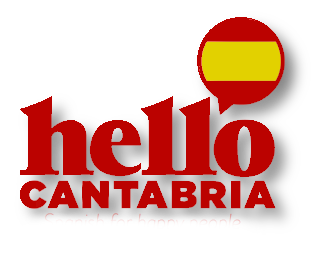
Is it a good idea to learn a new language when you are older?
Yes! Is the brief answer to that question.
Why? Because many different academic studies have revealed some of the huge benefits of learning another language in your later years.
Firstly, learning a foreign language can boost the functionality of your brain by challenging you to recognise and find meaning, this can boost your ability to negotiate meaning in other problem-solving contexts. It used to be considered true that children learn faster than adults but new research is constantly challenging this long held but erroneous belief. One reason is that the adult learner already has an extensive vocabulary and it has been scientifically shown that new words in language learning can attach more readily to your pre-existing knowledge.
Secondly, studies have consistently shown that language learning wards off cognitive degradation and research has now led to a general acceptance that the mean age for the first signs of dementia or Alzheimer’s (if you should be so unlucky as to acquire this disease) is 71.4 years old in monolinguals, whereas for bilinguals it’s 75.5 years. The key, as always, is motivation and older adults will find the learning process speeding up along with their motivation to learn. Your brain is an evolving dynamic structure which can form new neural pathways at any age and research has illustrated that it’s just as capable of doing this when you are older as when you are young.
Your memory will be boosted through the type of exercising of your brain that takes place through language learning and in many studies, bilinguals have demonstrated a greater ability to retain information. The neural pathways involved in ‘switching’ between languages is discovered by Pennsylvania State University to increase our ability to ‘multitask’ because these neural pathways are more ‘alive’ due to bilingual processes.
Your skills in relation to language learning are already finely honed and an older brain is more capable of strategic learning, what is known as ‘self-directed’ learning, in other words you will be better at focussing on the language you really need to learn. It’s true that an older brain may not be as automatically ready to learn as a younger brain but the advantages of your older brain, as outlined, will be positive forces in your bid to learn a new language and your patience and motivation will support you.
Learning in the way that we understand best as adults, logically trying to understand the structure of a language, is satisfying but doesn’t really spur learning. Forgetting the language as an ‘object’ to overcome and realising it as a thing you ‘do’ … that’s when spontaneous, joyful learning occurs. And that’s why taking yourself to an intensive immersion course in the Country of your chosen language can be such a powerful and enjoyable boost!
